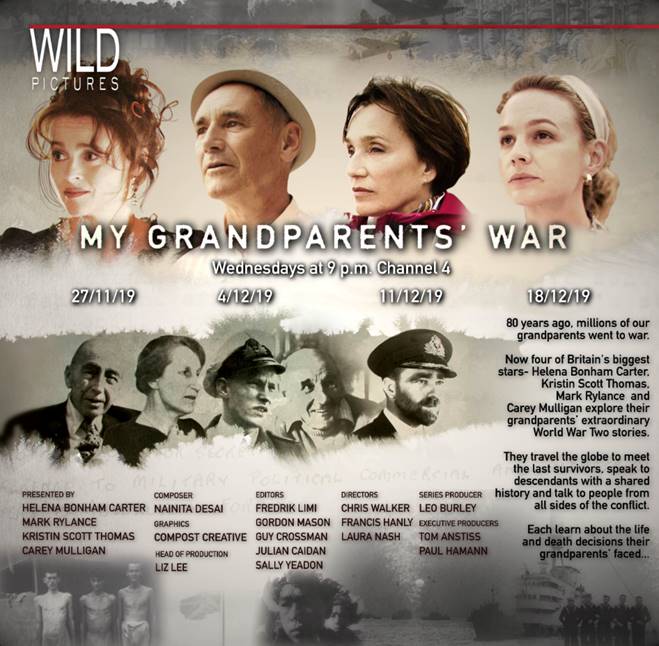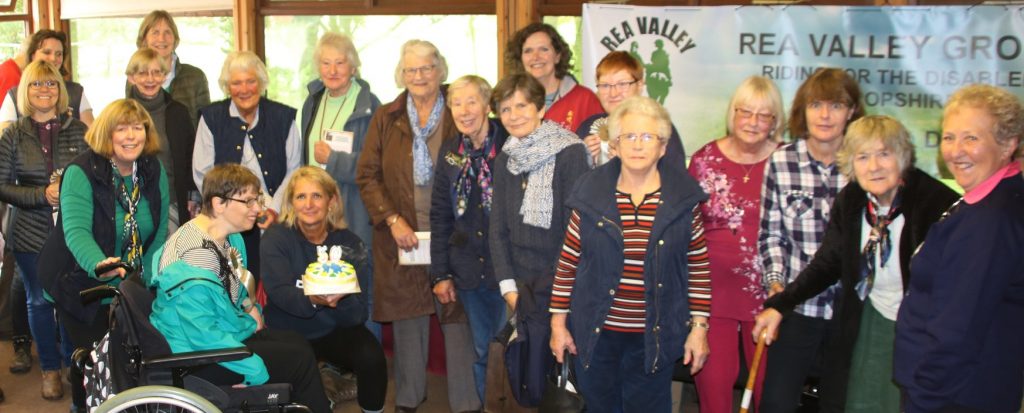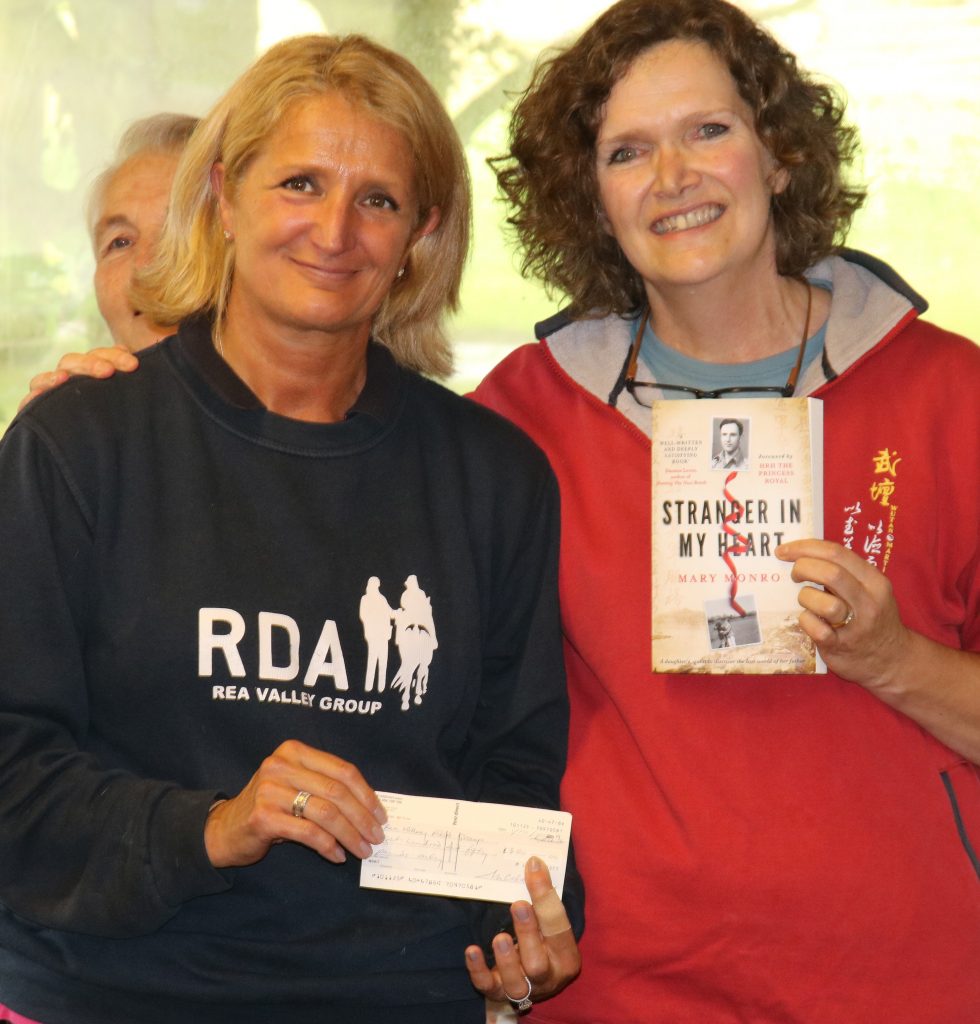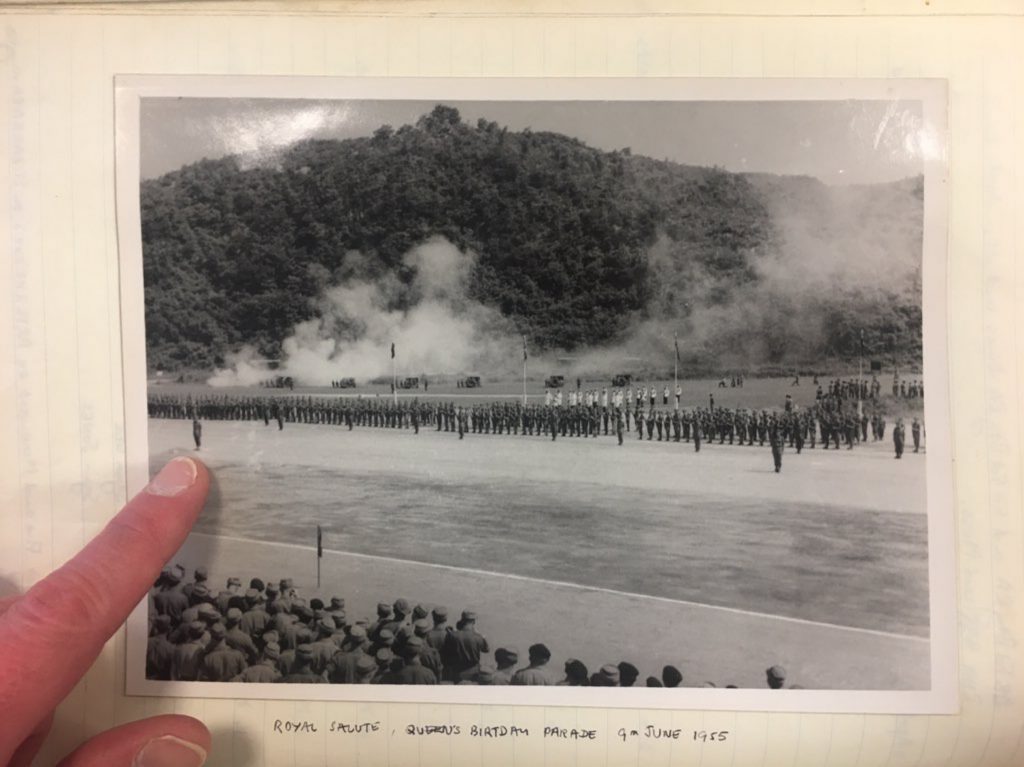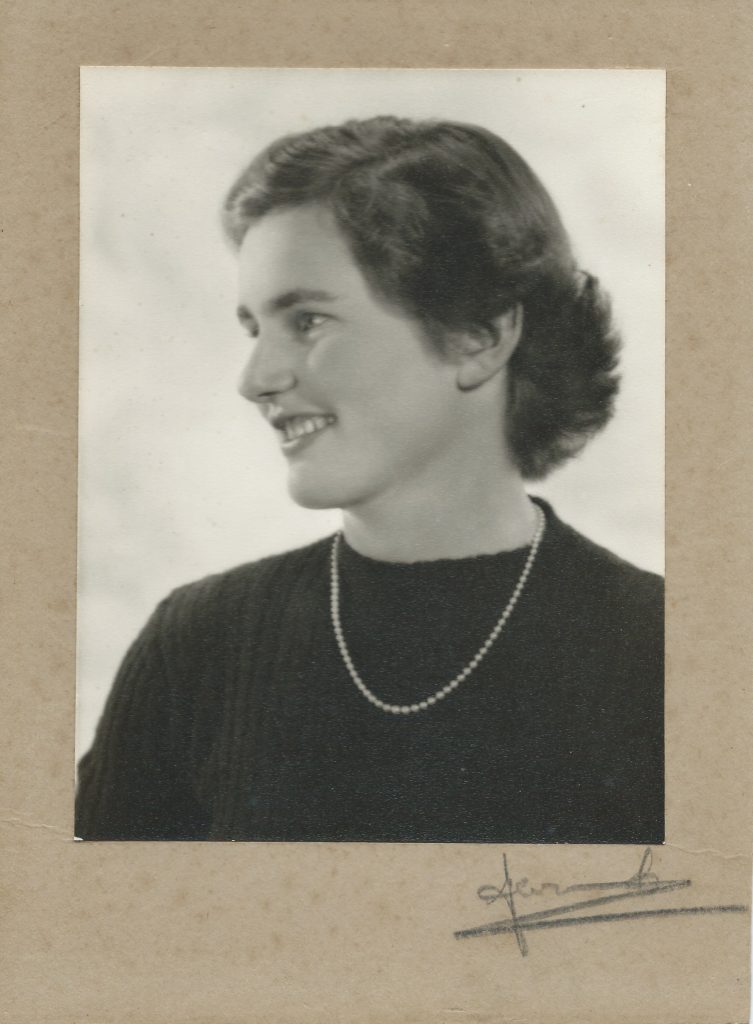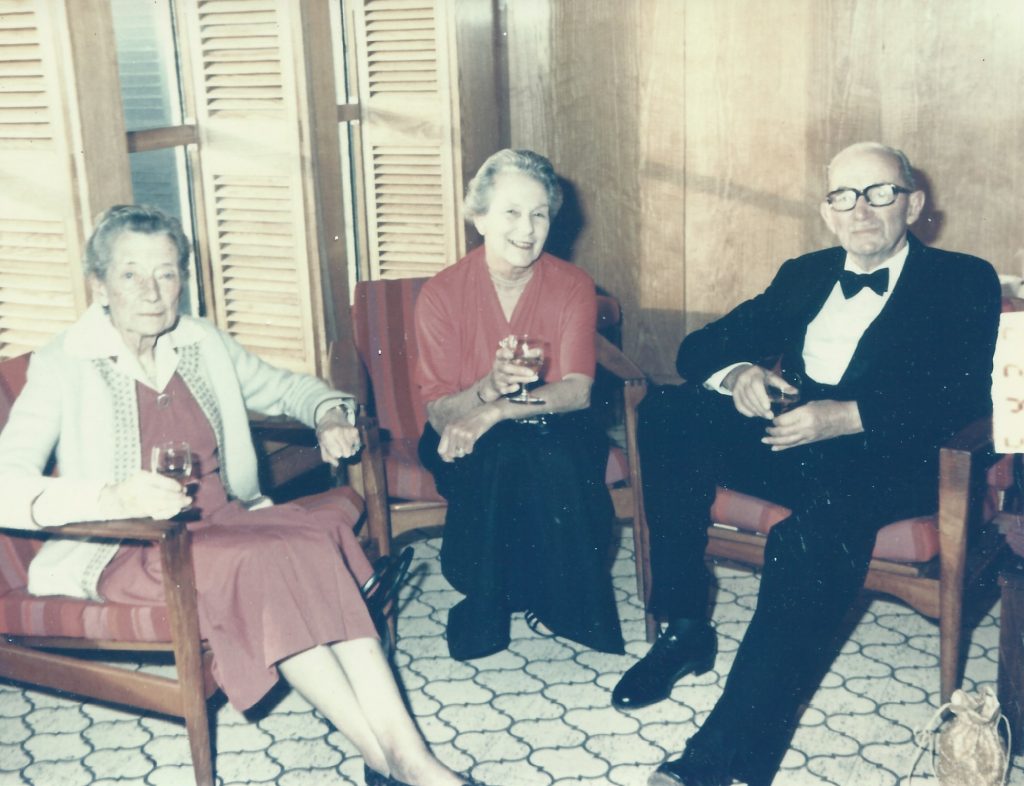On 25th December 1941 The Allied Forces surrendered Hong Kong to the Japanese, beginning their rout of Allied territories in the Far East. It became known as “Black Christmas” to acknowledge the losses suffered by the military and civilian populations there. This year will be the 78th anniversary of that sad Christmas Day. Stranger In My Heart, which describes the battle and its wartime context, is available online if you have any friends or family who haven’t read it yet!

I hope you have managed to see some of the “My Grandparents’ War” series on C4. It has thrown light on some of the lesser known aspects of WW2 but, perhaps more importantly, has reminded us of the character of that generation. The acceptance of the horrors that they witnessed, the hardships they endured, their bravery under fire or persecution, their indomitable spirit and their mental resilience are beacons to light our way. Our lives in the present are extremely stressful and many are suffering or in difficulty, but I wonder if we have lost that ‘feel the fear and do it anyway’ attitude? Those participants in WW2 may have felt terrified, appalled, inadequate to the task, unprepared for what they faced, imperilled, confused, but they continued to do what was asked of them for the protection of their colleagues and for the greater good.
Let’s hope that 2020 will be a year of clearsightedness, when we set our priorities straight and work together for the greater good.
The Clearing by Martha Postlethwaite
Do not try to save
the whole world
or do anything grandiose.
Instead, create
a clearing
in the dense forest
of your life
and wait there
patiently,
until the song
that is yours alone to sing
falls into your open cupped hands
and you recognise and greet it.
Only then will you know
how to give yourself
to this world
so worthy of rescue.
Merry Festive Greetings and very best wishes for the New Year!

